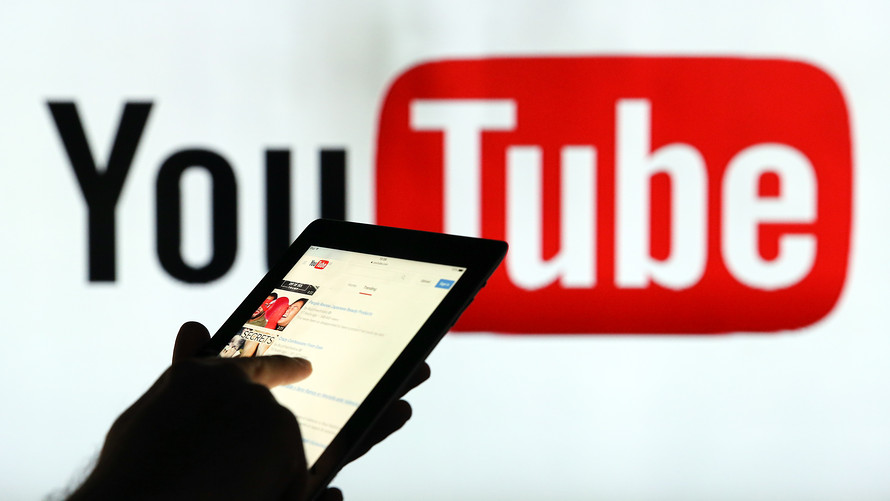As mobile-device usage has surged, Alphabet Inc.’s Google has managed to change along with its users, but it is a victim of that success in one important way.
The search giant has managed to transition its enormously profitable advertising business toward mobile as web traffic from personal computers declined from dominant to less than half of global traffic. Change has proven to be something of a double-edged sword, however, because Google’s desktop ads are far more valuable than their mobile cousins.
Google tracks the amount it makes from advertisements with a metric called cost per click, which is closely watched by investors and analysts. In the second quarter, the raw number of clicks on ads across all Google platforms surged 52% as compared with the year-earlier period, yet the cost per click fell by 23%. The reason: Google ad sales on mobile devices and YouTube are booming, but the revenue for each click is generally lower than for higher-paid ads that appear around search results on desktop computers.That trend has put pressure on the company’s margins, which fell to 26.4% in the second quarter from 27.8% a year earlier. But some analysts say the quantity of mobile traffic will make up for lower per-click revenue.
Monness, Crespi, Hardt & Co. analyst James Cakmak recently wrote in a note to clients that the shift to mobile, and thus a smaller screen, will increase advertisers’ reliance on paid search and make search-engine optimization and organic results less relevant. “As such, we expect the tailwinds to paid clicks to remain robust for some time, and the cost-per-click … essentially more of the same attributable to ad mix.”
Hi! I am a robot. I just upvoted you! I found similar content that readers might be interested in:
http://www.marketwatch.com/story/alphabet-earnings-googles-mobile-transition-is-a-double-edged-sword-2017-10-24
Downvoting a post can decrease pending rewards and make it less visible. Common reasons:
Submit